Tourism
Tourism in Lincolnshire showcases the county’s rich heritage, vibrant culture, and stunning landscapes, drawing visitors from across the UK and beyond. From historic market towns and grand cathedrals to picturesque coastlines and rolling countryside, the tourism sector plays a vital role in sharing Lincolnshire’s unique story. Attractions range from stately homes and heritage sites to wildlife reserves and adventure parks, offering experiences that appeal to history buffs, nature lovers, and thrill-seekers alike. Whether working in visitor attractions, guided tours, accommodation, or event management, careers in tourism provide opportunities for those passionate about bringing places to life, creating unforgettable experiences, and fostering a deep appreciation for Lincolnshire’s charm.
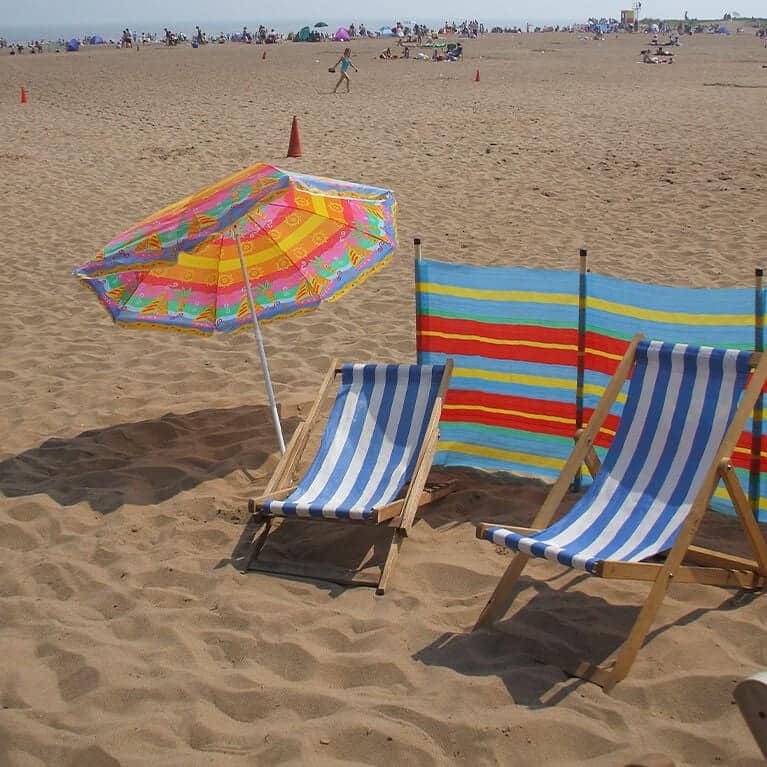
Business types in this sector include
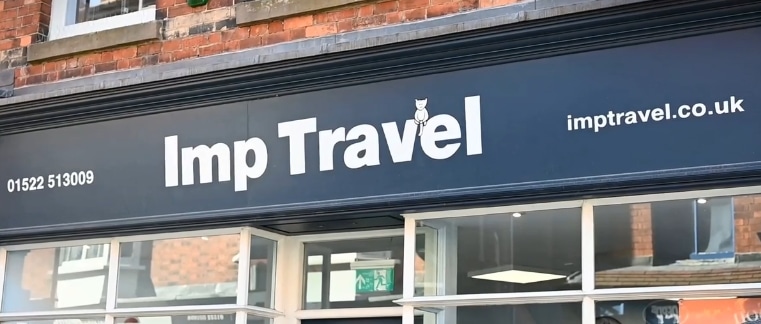
Travel agents and package organisers
Travel agents and package organisers are key players in creating seamless and enjoyable travel experiences. They plan and arrange holidays that bundle transport, accommodation, activities, and meals into a single price, catering to diverse customer needs.
Package organisers focus on creating all-inclusive travel packages, from local day tours and short breaks to fully arranged overseas holidays. They work closely with suppliers like hotels, airlines, and local operators to ensure smooth and memorable trips.
Travel agents assist clients in planning holidays, business trips, and special getaways. They offer personalised advice, book flights, hotels, and packages, and tailor unique itineraries such as honeymoons or adventure travel, ensuring value and convenience.
Both roles suit individuals passionate about travel, organisation, and customer service, helping clients create unforgettable experiences.
A career in travel agencies or package holiday organisation is ideal for those passionate about travel and helping others plan their dream holidays. These roles require strong organisational skills, excellent customer service, and the ability to handle complex bookings and logistics.
Whether booking corporate travel, arranging local staycations, or creating international holiday packages, the focus is on providing seamless and enjoyable experiences. For those with an interest in marketing and sales, opportunities include promoting holiday packages, building client relationships, and developing travel campaigns, offering a rewarding mix of creativity, coordination, and client interaction.
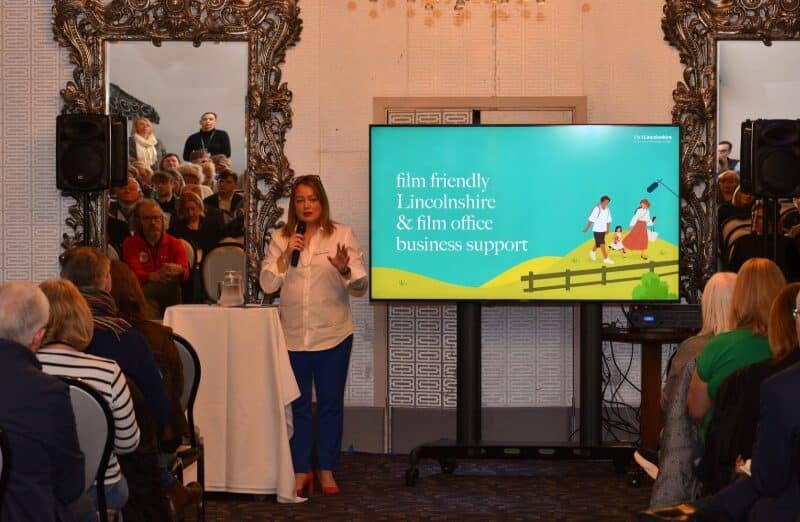
Destination marketing organisations
Destination marketing organisations (DMOs) in Lincolnshire promote the region as a travel destination, raising awareness of its attractions, events, and cultural heritage to boost local tourism and the economy. Key DMOs include Destination Lincolnshire, Lincoln BIG, Lincolnshire County Council (supporting tourism through Visit Lincolnshire), and district council-run tourism offices.
DMOs work with local businesses, event organisers, hotels, and tour operators to create marketing campaigns that attract visitors from the UK and beyond. They also collaborate with international travel influencers to showcase Lincolnshire’s best attractions.
These organisations offer opportunities to work with diverse stakeholders, promoting the county’s culture, heritage, and events while supporting local businesses and driving tourism growth.
Working for a Destination Marketing Organisation (DMO) is perfect for those who enjoy blending creativity with strategic thinking to promote tourism. DMOs offer diverse roles, from marketing and event planning to partnership-building and visitor engagement, all aimed at enhancing local tourism and the economy.
Whether coordinating events or assisting visitors at a centre, DMOs play a vital role in creating memorable travel experiences. They also work closely with councils, businesses, and tourism operators to support infrastructure development and improve the overall visitor experience.
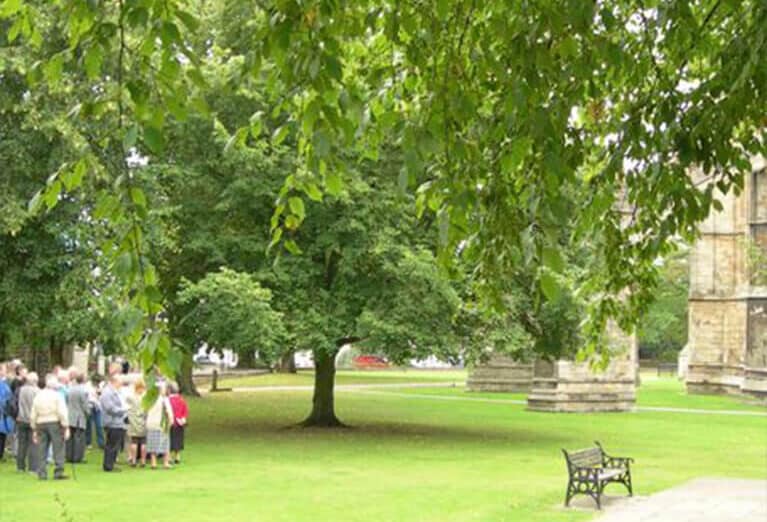
Tour guides
Tour guides play an important role in bringing history, culture, and local attractions to life for visitors. Whether leading walking tours through the historic streets of Lincoln, guiding visitors around heritage sites, or offering specialised experiences such as nature tours or food and drink excursions, tour guides help people connect with the local area in a meaningful way. Some guides are employed by specific venues or attractions, while others work as freelancers or run their own guiding businesses.
Tour guides are often the face of the visitor experience, blending storytelling with local knowledge to create engaging and memorable tours. Tour guides need to be enthusiastic, knowledgeable, and adaptable, able to create memorable experiences for every visitor they encounter.
Working as a tour guide is ideal for someone who enjoys sharing their passion for history, culture, or the outdoors with others. It’s perfect for those who love storytelling, interacting with people from different backgrounds, and working in a dynamic, flexible environment. Whether you prefer working at a specific attraction, freelancing with various clients, or running your own business, there are many pathways available in the tour guiding profession.
In addition to guiding tours, many tour guides also manage bookings, marketing, and logistics, especially if they are self-employed or run their own guiding business.
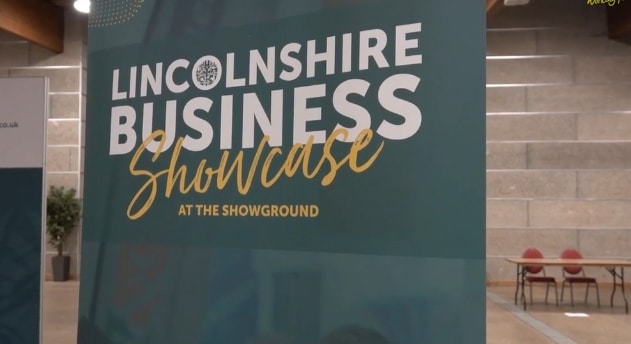
Event organisers
Event organisers plan and manage a wide variety of events, from large public gatherings like festivals, concerts, and community events to more focused business-to-business (B2B) events such as conferences, trade shows, and corporate meetings. Public event organisers typically aim to attract large crowds and create enjoyable, engaging experiences, while B2B organisers focus on delivering professional, outcome-driven events that support networking, learning, and business development.
Both types of event organisers require strong project management, creativity, and the ability to coordinate various stakeholders, from venues and vendors to clients and attendees.
Working as an event organiser is ideal for someone who thrives in a fast-paced, dynamic environment, enjoys coordinating various stakeholders, and takes pride in delivering successful events. Whether you’re planning a public festival or a corporate trade show, these roles offer the opportunity to work on both the creative and logistical sides of event management.
For those who love building relationships, solving challenges, and managing every detail of an event, working as an event organiser provides a rewarding career path with diverse opportunities. Whether focused on public entertainment or B2B networking, you’ll be playing a vital role in bringing people together and creating memorable experiences.
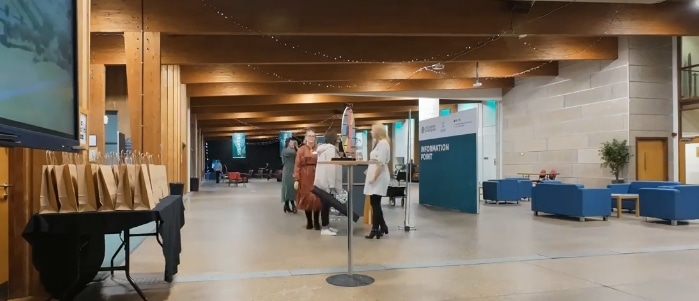
Event venues
Conference and exhibition venues, such as the Lincolnshire Showground, spaces available for hire, and sporting venues used for events, provide a vital setting for business meetings, trade shows, academic conferences, sporting events, and exhibitions. These venues offer flexible, large-scale spaces designed to accommodate a wide range of events, from local corporate functions to large national exhibitions.
Organising events in these venues involves careful coordination of logistics, customer service, technical support, and marketing. Many roles are behind-the-scenes, ensuring that each event runs smoothly, while others are customer-facing, providing a direct service to clients and attendees.
Working in a conference and exhibition venue is ideal for someone who thrives in a dynamic, fast-paced environment and enjoys being part of large-scale event planning and execution. Whether you’re coordinating logistics, handling technical setups, or providing customer service, these roles offer the opportunity to work on a variety of events that bring people together for business, culture, or entertainment.
For those with a passion for events, marketing, or hospitality, conference and exhibition venues offer a wide range of career opportunities where no two days are the same, with the added satisfaction of helping deliver successful events that leave lasting impressions on clients and attendees.
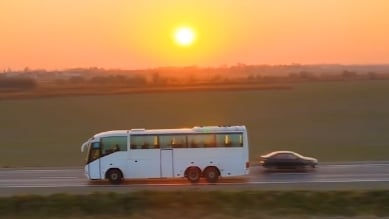
Transportation and ground handling services
Transportation and ground handling services in Lincolnshire ensure the safe and efficient movement of people and goods across road, water, air, and rail. This dynamic sector blends logistics, customer service, and technical expertise to provide seamless travel experiences and reliable operations.
Coach companies deliver essential services like school runs, day trips, and organised tours, ensuring safe and comfortable travel for children, families, and tourists. River boat operators offer leisure experiences, from guided scenic tours to multi-day hires exploring Lincolnshire’s waterways.
Ground handling services support air and rail transport by coordinating passengers, luggage, and cargo. Teams operate specialised equipment, maintain vehicles, and ensure compliance with safety regulations, enabling smooth operations.
This sector is ideal for individuals who enjoy dynamic, fast-paced environments where logistics, customer interaction, and safety are paramount. Whether driving a coach, operating a boat, assisting passengers at an airstrip, or managing cargo schedules, transportation and ground handling services offer diverse roles to suit various skills and interests.
For those passionate about providing memorable travel experiences and ensuring operations run smoothly, this field offers rewarding opportunities to make an impact both behind the scenes and in direct contact with customers.
Check out the different roles below

Management and general operations
The management & operations team drives the success of tourism businesses by overseeing daily activities and long-term growth. From leading teams to managing logistics, finances, and customer satisfaction, this team ensures services run smoothly and deliver exceptional experiences.
Management roles focus on leadership, financial planning, and regulatory compliance, aligning resources and teams to meet organisational goals.
Operations roles handle practical aspects like route planning, travel itineraries, and event coordination, ensuring services are efficient and customer-focused.
Key roles: general manager, operations manager, assistant general manager, scheduler, dispatcher, logistics coordinator
Skills & attributes: Leadership, organisational skills, financial acumen, problem-solving, communication, attention to detail, and industry knowledge.
These roles suit individuals who thrive on leading teams, solving challenges, and ensuring smooth operations across travel, events, and logistics. Whether managing a travel agency, coordinating events, or overseeing transportation logistics, this team keeps the wheels turning across the tourism industry.
Scorecard
Salary Potential*
Flexible Hours
Flexible Location
Physicality
*based on a 40-hour working week

Event organisers
Event organisers are vital to planning and executing diverse events, from corporate gatherings to public festivals and private venue-based functions. They oversee all details, from initial planning to on-the-day coordination, ensuring seamless and memorable experiences.
Organisers typically focus on:
Business events: Trade shows, conferences, product launches, and expos.
Public events: Festivals, outdoor markets, and community fairs.
Venue-based events: Weddings, private functions, and public shows, managing venue-specific needs like policies and utilisation.
Responsibilities include marketing, budgeting, sponsorships, logistics, vendor management, and health and safety compliance, collaborating with teams to align with clients’ visions.
Key roles: event director, event manager, venue coordinator, conference coordinator, trade show planner.
Skills and attributes: Exceptional project management, organisational and creative problem-solving skills; Experience with budgeting and sponsorship management; Strong interpersonal and communication skills; A meticulous eye for detail and a commitment to health and safety standards.
These roles suit those who thrive in fast-paced, collaborative environments and enjoy delivering exceptional events.
Scorecard
Salary Potential*
Flexible Hours
Flexible Location
Physicality
*based on a 40-hour working week

Technical production
The technical production team manages audio-visual equipment, lighting, sound systems, and IT infrastructure for events. Responsibilities range from setting up projectors and microphones for conferences to managing lighting and sound for exhibitions or large-scale events. They ensure equipment functions properly and troubleshoot any issues during events. Event Producers lead the team, overseeing production and working closely with event organisers to ensure smooth operations.
Key roles: event producer, technical production manager, audio visual technician, lighting designer, sound engineer.
Skills & attributes: Organisational and leadership skills (for producers), expertise in AV and technical systems, problem-solving abilities, creativity, and adaptability under tight deadlines.
These roles suit those passionate about delivering high-quality event experiences, blending technical expertise with creative vision, and thriving in fast-paced environments.
Scorecard
Salary Potential*
Flexible Hours
Flexible Location
Physicality
*based on a 40-hour working week

Creative and Digital Design
Creative and digital design teams craft the visual and technological experiences of events, ensuring they leave a lasting impression.
Creative design focuses on visual elements like branding, décor, signage, and installations, translating event visions into tangible designs that enhance the attendee experience.
Digital design develops online platforms, creating responsive websites, ticketing systems, and mobile apps for attendees to access details, register, and engage digitally. Together, these teams collaborate with marketing and technical experts to integrate visuals and technology seamlessly.
Key roles: Creative director, graphic designer, web developer, app developer, UX/UI designer, digital content manager.
Skills & attributes: Creativity in branding and visuals, technical expertise in coding and app development, UX/UI design proficiency, and strong collaboration skills.
These roles could be right for you if you are visually creative, have a knack for digital design, and enjoy bringing ideas to life in innovative ways.
Scorecard
Salary Potential*
Flexible Hours
Flexible Location
Physicality
*based on a 40-hour working week
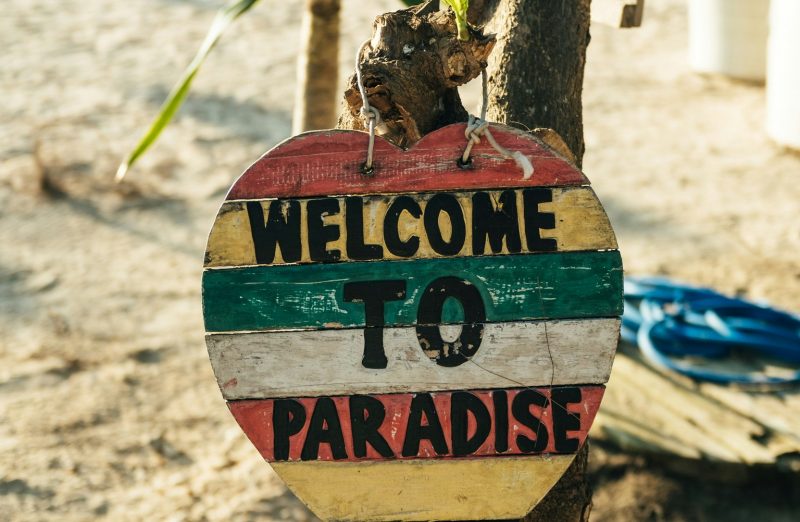
Travel and package holiday specialists
Travel and package holiday specialists create seamless and memorable travel experiences. They plan bespoke itineraries, design all-inclusive packages, and cater to diverse client needs.
Travel consultants assist clients with bookings, personalised travel advice, and creating tailored itineraries. They specialise in areas like corporate travel, cruises, and bespoke holidays and may also provide Bureau de Change services.
Package holiday specialists design and coordinate all-inclusive packages, from coach holidays to overseas trips. They liaise with transport providers, hotels, and tour operators to ensure smooth operations and may work on-site as tour guides or coordinators.
Key roles: travel consultant, package designer, operations coordinator, group travel organiser, tour guide.
Skills and attributes: Customer service, organisational skills, booking system proficiency, creativity, and problem-solving.
These roles suit those passionate about travel, crafting unique experiences, and thriving in dynamic environments.
Scorecard
Salary Potential*
Flexible Hours
Flexible Location
Physicality
*based on a 40-hour working week
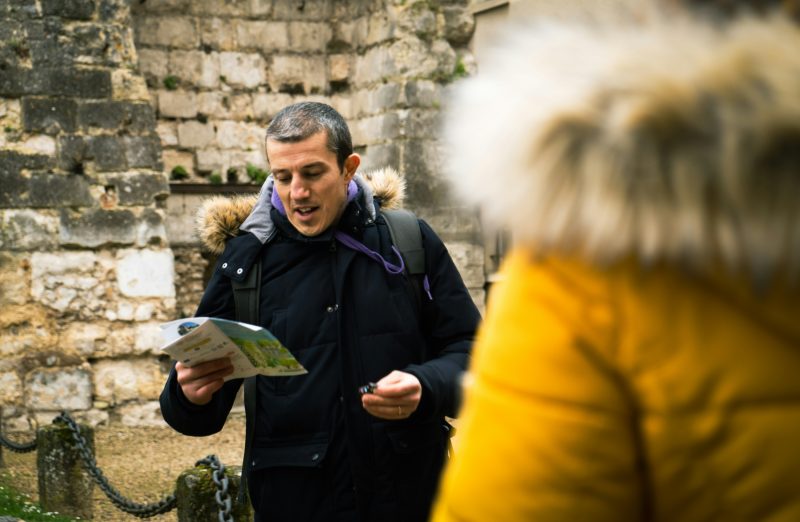
Tour guides
Tour guides are storytellers, educators, and ambassadors, delivering experiences that connect visitors with destinations, history, culture, and nature. They play a key role in tourism, whether employed by venues, working with coach or boat companies, or specialising in niche tours.
Coach and boat tour guides share local insights and historical facts as they lead groups through scenic landscapes or waterways. Package holiday specialists often act as on-location guides, ensuring seamless travel experiences.
Some guides work for heritage sites, museums, or attractions, offering structured tours aligned with venue goals. Others freelance, collaborating with operators or serving niche markets like nature, history, or adventure activities.
Guides combine exceptional communication skills with in-depth knowledge to create memorable tours.
Key roles: Site, museum, freelance, specialist (nature, history, adventure), coach, boat, or on-location guide.
Skills and attributes: Storytelling, subject expertise, adaptability, customer service, and physical stamina.
These roles suit those passionate about sharing knowledge and creating lasting memories.
Scorecard
Salary Potential*
Flexible Hours
Flexible Location
Physicality
*based on a 40-hour working week

Destination marketing roles
Destination management teams collaborate to promote, enhance, and support tourism in an area. They attract visitors, build partnerships with local businesses, improve the visitor experience, and shape strategies for sustainable tourism growth. Their roles span marketing, business development, visitor support, and research, ensuring the destination remains vibrant and appealing.
From designing marketing campaigns that showcase local attractions to partnering with hotels, restaurants, and tour operators, these professionals are the backbone of successful tourism. They also manage tourism offices, provide visitors with essential resources, and analyse data to inform future strategies.
Key roles: Marketing manager, social media coordinator, business development officer, visitor centre manager, research analyst, content creator.
Skills & attributes: Creativity, marketing expertise, networking, project management, customer service, local knowledge, and analytical abilities.
These roles are perfect for individuals who thrive in a collaborative, fast-paced environment and are passionate about creating exceptional experiences for visitors while supporting local tourism growth.
Scorecard
Salary Potential*
Flexible Hours
Flexible Location
Physicality
*based on a 40-hour working week
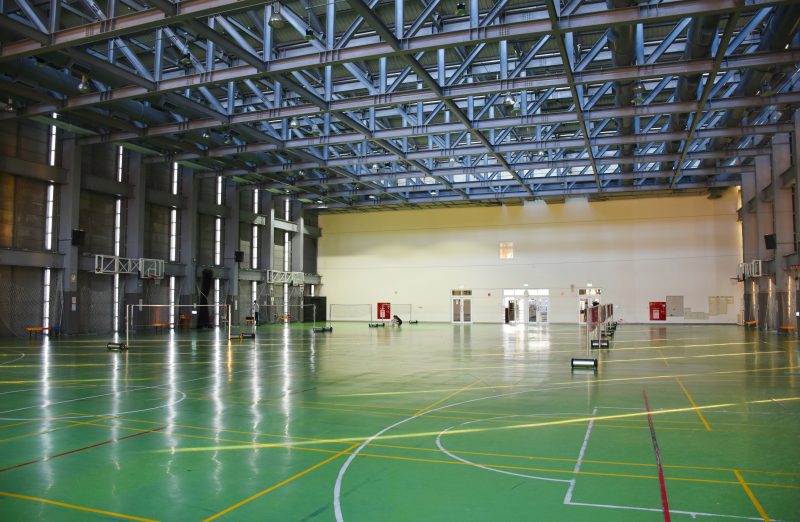
Facilities & venue operations
The facilities and venue operations team oversees the physical upkeep and daily operations of venues, ensuring they are safe, clean, and ready for use. Responsibilities include managing parking, security, and health and safety protocols during events, as well as coordinating with external vendors for maintenance and repair work. This team ensures venues remain in top condition, contributing to seamless event experiences.
Key roles: facilities manager, operations supervisor, maintenance technician.
Skills & attributes: Knowledge of venue maintenance and operations; experience in health and safety regulations; skills in maintenance, construction, or mechanics to handle repairs and technical tasks; strong organisational skills; problem-solving abilities; and attention to detail. These roles require a hands-on approach and adaptability to meet the needs of diverse events.
If you enjoy a hands on role, working behind the scenes to ensure venues run smoothly and meet high safety and cleanliness standards, this could be the perfect fit for you.
Scorecard
Salary Potential*
Flexible Hours
Flexible Location
Physicality
*based on a 40-hour working week
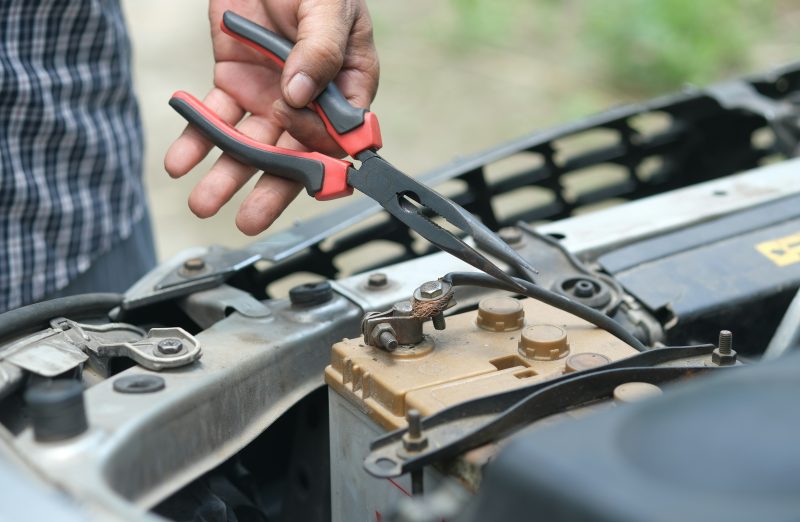
Vehicle maintenance & fleet management
The maintenance and fleet management team ensures that the transportation (whether this is coaches or boats) are well-maintained, clean, and safe for passengers. This involves conducting regular checks, performing minor repairs, and making sure the transportation complies with all safety regulations.
Key roles: Fleet manager, maintenance technician, boat mechanic, coach mechanic
Skills & attributes: Strong mechanical and technical skills; knowledge of relevant vehicle safety regulations and the willingness to study for specific vehicle maintenance qualifications (minimum level 2); attention to detail; problem-solving abilities; organisational skills; ability to work under pressure.
These roles could be right for you if you enjoy mechanics and working with engines, ensuring the transport’s safety and reliability, and managing the maintenance of a fleet to ensure smooth operations.
Scorecard
Salary Potential*
Flexible Hours
Flexible Location
Physicality
*based on a 40-hour working week
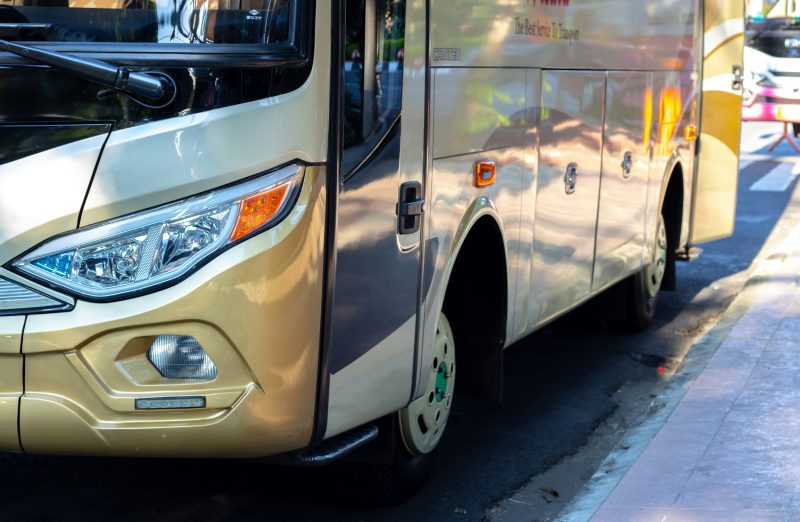
Drivers
Drivers and boat operators are essential for transportation services, ensuring safe and efficient journeys. Coach drivers handle school runs, day trips, and organised tours, offering reliable travel for passengers. Similarly, boat operators manage leisure trips, guided tours, and multi-day hires, creating memorable experiences on Lincolnshire’s waterways. These roles connect people to destinations while delivering enjoyable travel experiences.
Key roles: Coach driver, school run driver, tour driver, boat operator, river guide.
Skills & attributes: A clean driving licence (Category D) or boat operating licence; excellent driving or navigation skills; knowledge of local routes or waterways; focus on passenger safety, comfort, and schedules; strong communication and time management skills; flexibility to handle varied trips and environments.
These roles suit those who enjoy being on the move, prioritise safety and customer service, and thrive on variety, whether transporting students or hosting leisure tours.
Scorecard
Salary Potential*
Flexible Hours
Flexible Location
Physicality
*based on a 40-hour working week
In addition to customer-facing roles, Tourism businesses rely on support functions like marketing, finance, HR, IT, procurement and operations. For more information on these departments and the roles they offer, click here to explore further.
For local courses and education providers that could support your career in Tourism please click here.

